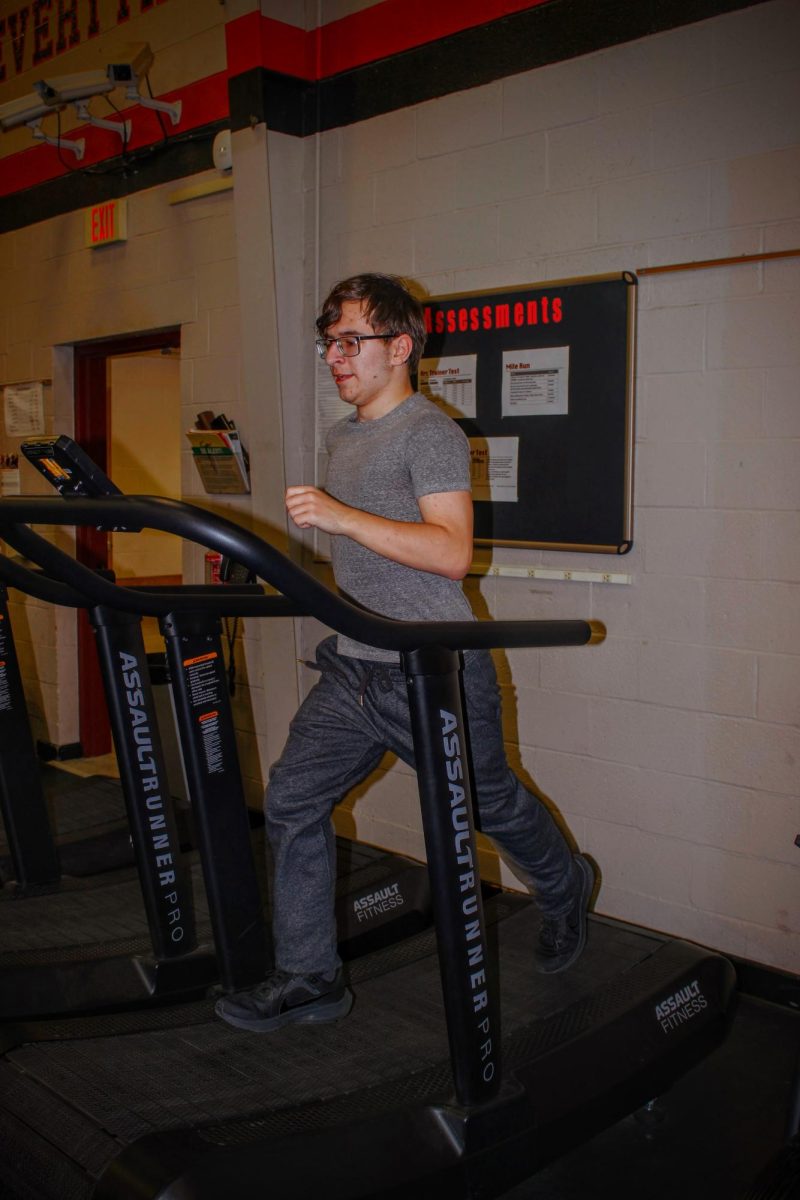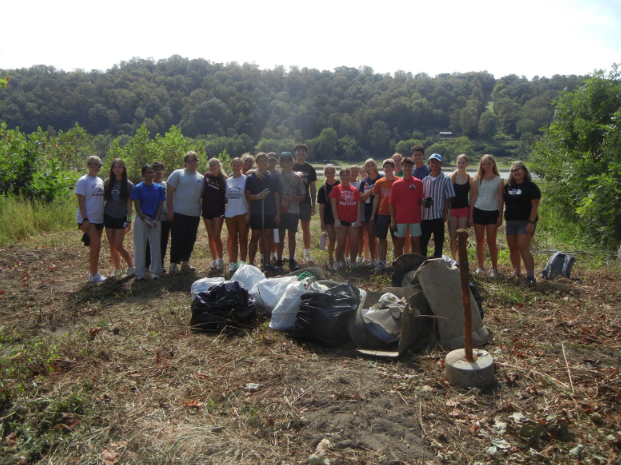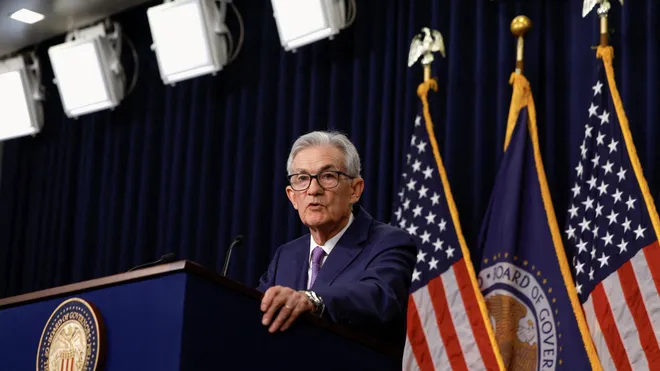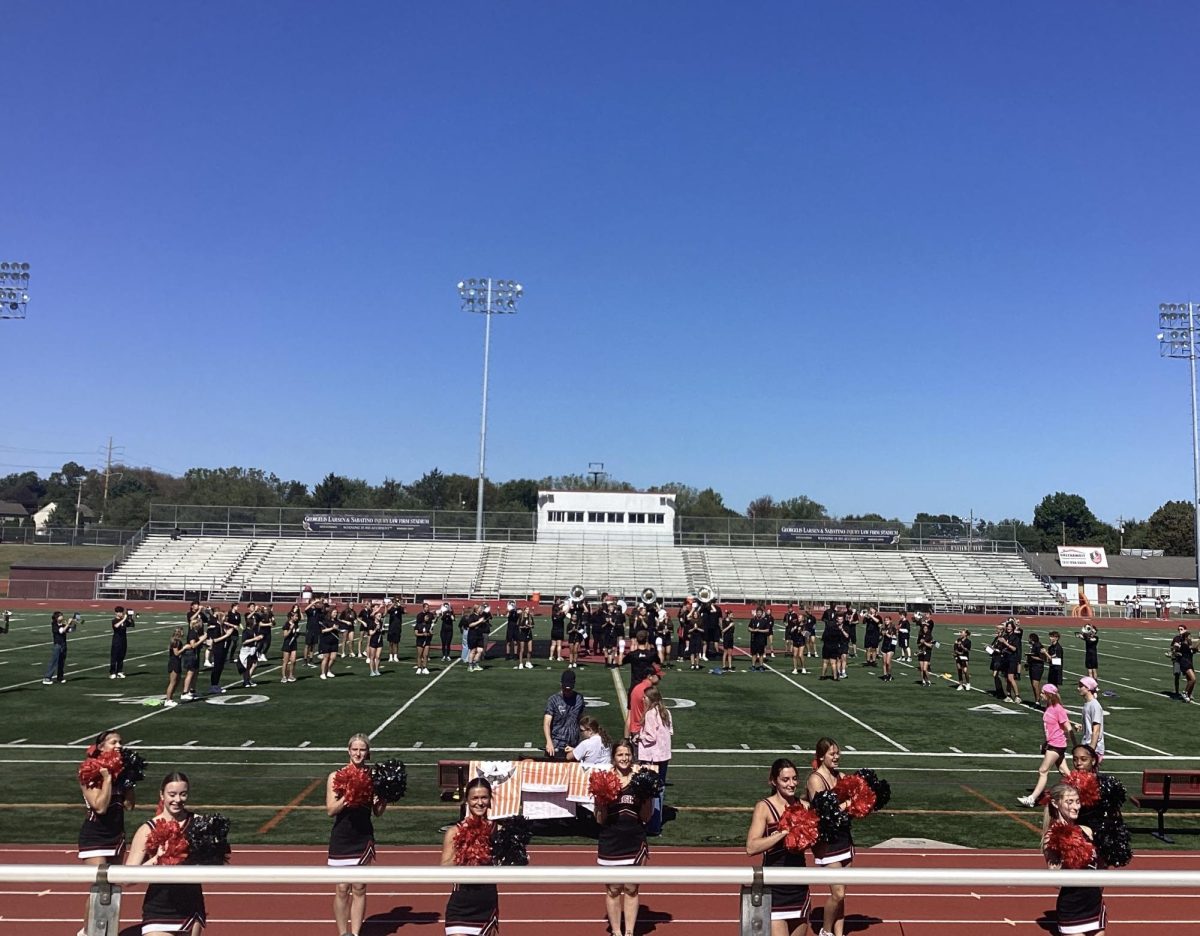Hempfield High School offers numerous sports and athletics programs, along with a weight-lifting room, to encourage students to stay active during the school year. Students can enroll in a variety of PE classes, such as Sports Performance, Military Fitness, Team Sports, and Personal Fitness Design. Each class is designed to help students achieve their workout goals and develop stronger, healthier bodies. However, some may wonder why exercising, whether in the gym or at home, is important. Who better to ask than the ones who guide these students on their journey?
Eric Narkiewicz, a PE teacher at Hempfield High School, emphasized the importance of exercise for all teenagers: “I feel all teenagers need some form of exercise in their lives.” When questioned about the significance of exercise, he explained, “It is the best way to reduce anxiety and depression and increase a person’s overall energy levels if done consistently over time. It can also improve strength, athletic performance, and overall quality of life.” The National Institute of Health (NIH) recommends that adults engage in at least 150 minutes (2 1/2 hours) of moderate-intensity aerobic exercise each week, as research shows that the benefits of exercise go beyond just physical well-being.
While many sources confirm exercise is physically and emotionally beneficial, people may wonder how they can start from scratch and still achieve their dreams. Mr. Eric Narkiewicz, along with another PE teacher, Mr. Gregory Bervinchak, share their views on the matter. Mr. Narkiewicz advises, “When starting, set a goal that you are 100% capable of achieving. For example, if someone hasn’t lifted weights for 4 months, start by making it a priority to lift one day a week. That one day will slowly turn into two, maybe three workouts per week.” Instead of diving into a new workout routine at full intensity, new athletes should gradually acclimate themselves. Mr. Bervinchak shares his views on workout length: “Start slow; don’t work out for too long because you will not maintain it. 50-minute workouts at the longest; get in and get out.”
The Department of Health and Human Services recommends that healthy adults aim to get at least 150 minutes of moderate aerobic activity a week or at least 75 minutes of vigorous aerobic activity a week. Additionally, they suggest incorporating strength training exercises for all major muscle groups at least two times a week. Performing one set of each exercise is sufficient for reaping health and fitness benefits. It is advised to use a weight or resistance level heavy enough to fatigue your muscles after about 12 to 15 repetitions.
Eating well after a workout is crucial for replenishing energy stores and repairing damaged muscles. When you exercise, your body uses up glycogen stores for energy and creates small tears in your muscle fibers. Eating a balanced meal or snack after your workout gives your body the nutrients it needs to repair and build muscles, helping it recover and grow. Carbohydrates help replenish glycogen stores, while protein supports muscle repair and growth. Not eating properly after exercising can lead to prolonged muscle soreness, fatigue, and decreased performance in future workouts.
After exercising, consuming nutrient-rich foods significantly helps the body adapt to physical activity. This is done by regulating hormones responsible for muscle growth and repair, such as insulin and testosterone. Adequate protein intake stimulates muscle protein synthesis, facilitating the rebuilding of muscle tissue to be stronger than before. Additionally, consuming antioxidants from fruits and vegetables post-workout can help reduce inflammation and oxidative stress caused by exercise, promote faster recovery, and reduce the risk of injury. Prioritizing nutritious eating habits post-exercise is essential for maximizing the benefits of physical activity and supporting long-term health and fitness goals.
While there are many resources, such as PE teachers, fitness apps and websites, and the Department of Health and Human Services, it’s important to listen to your body and do what feels best for you. Avoid pushing yourself too hard or doing anything that may cause harm, and make sure you properly refuel and hydrate before, during, and after a workout.









